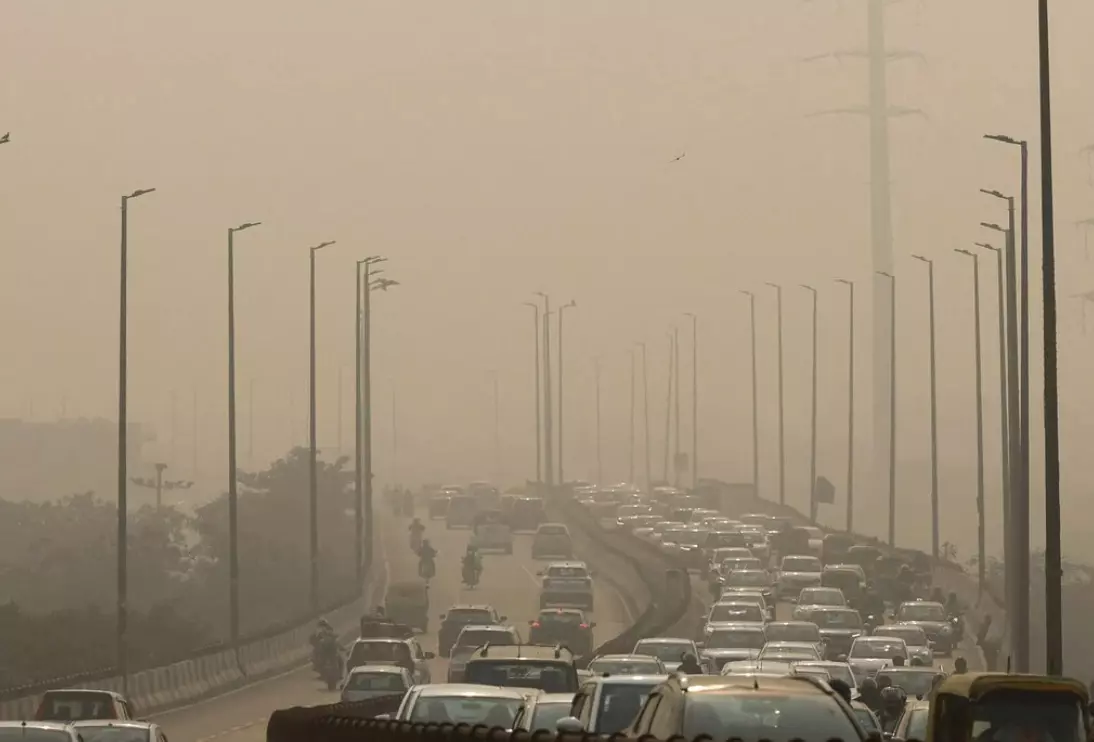GRAP-III restrictions reinstituted in Delhi-NCR; Hybrid learning for classes up to 5
GRAP-III restrictions reinstituted in Delhi-NCR; Hybrid learning for classes up to 5

Due to "highly unfavorable meteorological conditions, including calm winds and very low mixing height," the Commission for Air Quality Management (CAQM) announced the reimposition of GRAP-III measures in Delhi and the surrounding national capital region (NCR) on Monday afternoon.
As a result, all schools in Delhi-NCR must transition to a hybrid mode of instruction for students up to Class 5. This allows parents and students to choose between online and in-person classes, depending on their access to necessary technology like computers and internet connectivity.
In addition, there will be restrictions on the entry of diesel-powered commercial vehicles. Goods vehicles with engines below the BS-IV certification are prohibited from operating, except those used for emergency services or essential deliveries. Goods carriers registered outside the national capital are also barred from entering the city if their engines do not meet the BS-IV standards.
Government offices in Delhi and neighboring states will implement staggered working hours. The central government is expected to adopt similar measures for its offices in the national capital.
At 2:30 PM on Monday, Delhi's Air Quality Index (AQI) was recorded at 366, placing it in the higher end of the 'very poor' category. This marks a significant increase from the AQI of 233, recorded on December 7, which classified the air quality as 'moderate'. Prior to that, on December 4, the AQI was at 211.
The recent improvement in air quality had allowed the Supreme Court, on December 5, to permit the CAQM to relax the strictest anti-pollution measures under GRAP-IV. However, the current spike has necessitated the reintroduction of GRAP-III measures.
Last month, Delhi and its surrounding areas experienced consistently 'severe' and 'very poor' air quality, prompting annual health warnings from medical professionals. The Supreme Court has since received numerous petitions seeking government intervention.
In recent weeks, a bench of Justices Abhay S. Oka and Augustine George Masih has held several hearings on the air quality crisis, addressing issues such as farm fires and the enforcement of bans on polluting vehicles. The court has criticized authorities for failing to enforce the law, particularly during the implementation of GRAP-IV when non-essential construction activities continued despite prohibitions. The Delhi government was also questioned for not stopping non-essential goods vehicles from entering the city.
The Supreme Court has been vocal in its criticism of the annual post-Diwali air quality deterioration, which is exacerbated by the widespread flouting of firecracker bans. In a previous hearing, the court condemned the government and police, asserting that "no religion encourages any activity which creates pollution."

